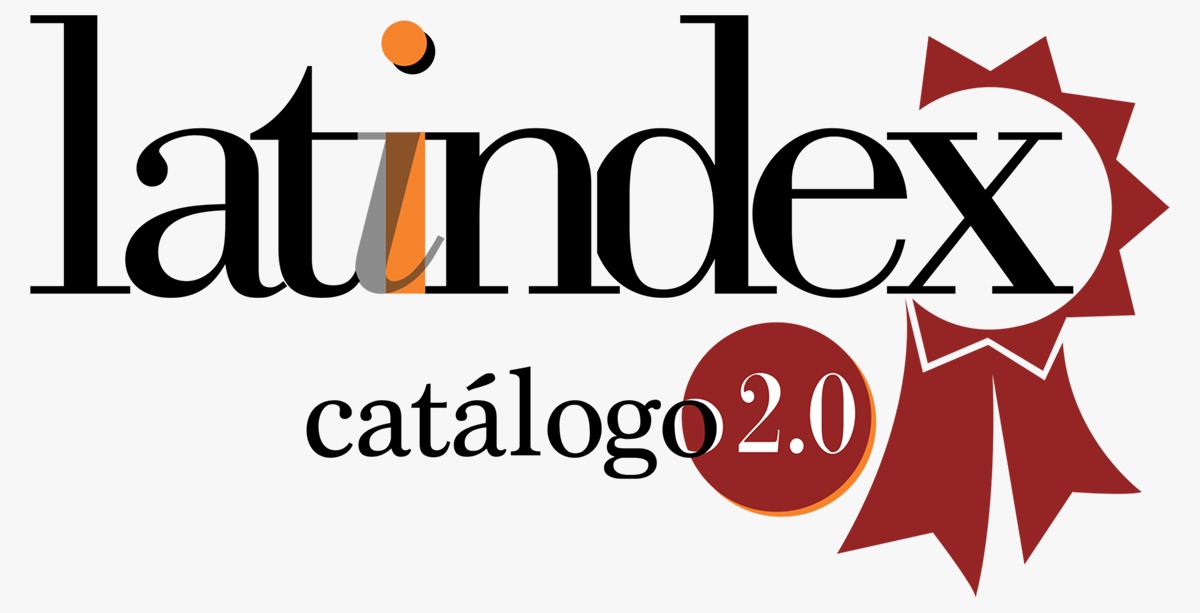Social skills during the covid 19 pandemic in students of a national university in Lima
DOI:
https://doi.org/10.47865/igob.vol7.n27.2024.364Keywords:
social skills, self-regulation, assertive, integral development, positive attitudeAbstract
The health emergency characterised by the coronavirus (COVID-19) conditioned our social relations to limit any social contact. These necessary measures that we adopted to contain the virus affected university students, in the relationship of strengthening and deepening their social skills. This is why some authors defend the importance of practising and reinforcing these skills by developing their ability to value themselves, self-regulate, communicate and make assertive decisions, seeking innovative changes and encouraging personal growth in university students.
The aim of this study is to determine the level of social skills of the students of the faculty of education in the university environment during the pandemic, by means of the analysis of results through a social skills questionnaire validated with Cronbach's Alpha statistical test. Therefore the results indicate that social skills are paramount for the success and integral development of university life as they allow to maintain a positive attitude, confident communication and determine the path towards a life plan.
Downloads
References
Albert, D., y Steinberg, L. (2011). Judgment and Decision Making in Adolescence. Journal of Research on Adolescence, 21(1), 211–224. https://doi.org/10.1111/j.1532-7795.2010.00724.x
Armada, J. M., Montávez, M., y González, I. (2020). Influencia de la expresión corporal en el desarrollo de las habilidades socioafectivas en educación secundaria. Movimento Revista de Educação Física da UFRGS, 26(26080), 1–19. https://doi.org/10.22456/1982-8918.104634
BID (Ed.). (2022). ¿Cómo reconstruir la educación postpandemia? Soluciones para cumplir con la promesa de un mejor futuro para la juventud. Biblioteca Felipe Herrera del Banco Interamericano de Desarrollo. https://doi.org/10.18235/0004241
Caballo, V. E. (2007). Manual de evaluación y entrenamiento de habilidades sociales. Siglo XXI de España Editores, S.A.
Delgado, M., Conde, S., y Azaustre, M. C. (2021). Validación de un instrumento para detectar necesidades de orientación en alumnado universitario de nuevo ingreso. Revista Española de Orientación y Psicopedagogía (REOP), 32(1), 92–115. https://doi.org/10.5944/reop.vol.32.num.1.2021.30742
Dongil, E., y Cano, A. (2014). Habilidades Sociales. Sociedad Española para el Estudio de la Ansiedad y el Estrés (SEAS). https://www.researchgate.net/publication/372482277_Habilidades_Sociales_Sociedad_Espanola_para_el_Estudio_de_la_Ansiedad_y_el_Estres_SEAS
Duckworth, A. L., Peterson, C., Matthews, M. D., & Kelly, D. R. (2007). Grit: Perseverance and Passion for Long-Term Goals. Journal of Personality and Social Psychology, 92(6), 1087–1101. https://www.researchgate.net/publication/6290064_Grit_Perseverance_and_Passion_for_Long-Term_Goals#fullTextFileContent
Gil, F., & León, J. M. (1998). Habilidades Sociales. Teoría, investigación e intervención. Editorial Síntesis, S. A.
Gilbert, D. G., & Conolly, J. J. (1995). Personalidad, Habilidades Sociales y Psicopatología: un enfoque diferencial. Omega.
Goldstein, A. P., Sprafkin, R. P., Gershaw, N. J., y Klein, P. (1989). Habilidades sociales y autocontrol en la adolescencia. Un programa de enseñanza. Ediciones Martínez Roca, S. A.
Hernández, R., Fernandez, C., y Baptista, P. (2006). Metodología de la Investigación. Cuarta edición. McGraw-Hill Interamericana Editores, S. A.
León, B., Felipe, E., Mendo, S., y Iglesias, D. (2015). Habilidades sociales en equipos de aprendizaje cooperativo en el contexto universitario. Behavioral Psychology / Psicología Conductual, 23(2), 191–214. Recuperado de https://www.behavioralpsycho.com/producto/habilidades-sociales-en-equipos-de-aprendizaje-cooperativo-en-el-contexto-universitario/
Monjas, M. I. (2020). Programa de Enseñanza de Habilidades de Interacción Social (PEHIS). Para niños y niñas en edad escolar. Editorial CEPE.
Moyolema, P. A., Freire, A. S., Mayorga, D. C., y Cosquillo, J. L. (2024). Habilidades sociales como clave en el éxito académico. 593 Digital Publisher CEIT, 9(1–1), 148–162. https://doi.org/10.33386/593dp.2024.1-1.2268
Oviedo, O. L. (2021). La definición del concepto habilidad. Reflexión necesaria. Revista Mapa, 5(24), 114 – 124.
Peñafiel, E., y Serrano, C. (2010). Habilidades sociales. Editorial Editex.
Ramírez, M. J., y Viteri, A. (Eds.). (2020). El embudo de la exclusión educativa en Mesoamérica. Banco Interamericano de Desarrollo. https://publications.iadb.org/es/el-embudo-de-la-exclusion-educativa-en-mesoamerica
Roca, E. (2005). Cómo mejorar tus habilidades sociales. Programa de asertividad autoestima e inteligencia emocional. ACDE Ediciones.
Rodríguez, L. Y., Cacheiro, M. L., y Gil, J. A. (2014). Desarrollo de habilidades sociales en estudiantes mexicanos de preparatoria a través de actividades virtuales en la plataforma moodle. Redalyc, 15(3), 149–171.
Rosales, J. J., Caparrós, B. M. a. del M., Molina, I., y Alonso, S. H. (2013). Habilidades sociales. McGraw-Hill/Interamericana de España, S.L.
Torres, L. C. (2019). Habilidades sociales en los estudiantes universitarios del primer semestre. Dialéctica. Revista de Investigación Educativa, 2019–2. http://portal.amelica.org/ameli/journal/88/88837010/html/
Unicef. (2017). Habilidades para la vida. Herramientas para el buen trato y la prevención de la violencia. https://www.unicef.org/venezuela/informes/habilidades-para-la-vida-herramientas-para-el-buentrato-y-la-prevenci%C3%B3n-de-la-violencia.
Downloads
Published
How to Cite
Issue
Section
License

This work is licensed under a Creative Commons Attribution-NonCommercial-ShareAlike 4.0 International License.
Esta obra está bajo una licencia internacional Creative Commons Atribución-NoComercial-CompartirIgual 4.0.
















